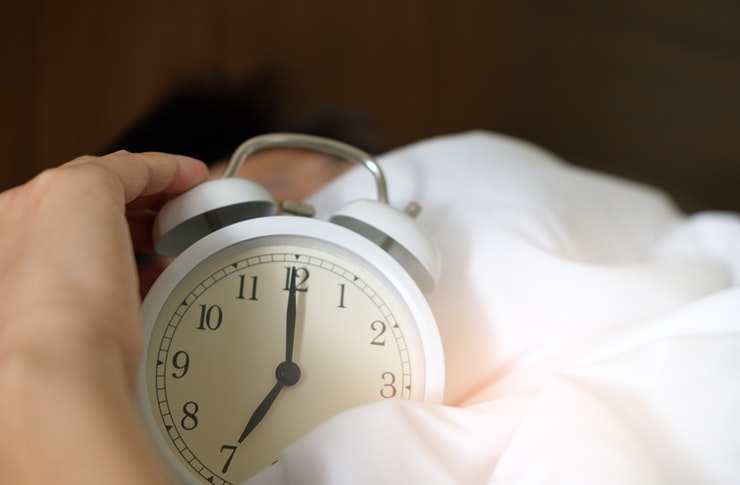Choosing the Right Alarm Clock for Home Security and Daily Timekeeping
Alarm clocks have evolved from simple mechanical devices to smart hubs that manage time, routines, and even home security. Whether you want a reliable wake-up call, a bedroom clock that reduces sleep disruption, or an integrated alarm system that ties into home security, choosing the right device means balancing simplicity, features, and long-term reliability.

What makes a good alarm?
A good alarm delivers consistent, audible or tactile alerts at the scheduled time and fits your waking needs. Look for adjustable volume, multiple tones or vibration, and backup power so the alarm still triggers during power outages. For some, physical controls and an easy-to-read display matter more than fancy features; for others, gradual wake sounds or light-based alarms help reduce morning grogginess. Durability and clear instructions are practical hallmarks—especially if you travel or share the device with family members who need different settings.
How does a clock affect sleep and time perception?
The type of clock in your bedroom can influence how you perceive time and fall asleep. Bright, blue-toned displays may suppress melatonin and make it harder to sleep; clocks with dimmers or red-amber displays are gentler on nighttime eyes. Timekeeping accuracy is important too—atomic-sync or network-synced clocks keep schedules reliable, preventing missed appointments. Consider location and ergonomics: a clock across the room can encourage getting up, while a bedside clock with a gentle dimming feature reduces disruptive checking of time during the night.
Can alarm clocks boost home security?
Alarm clocks can contribute to security when integrated into broader home systems. Smart clocks with scheduled lights, voice assistants, or routines can create the appearance of occupancy while you’re away. Some alarm-clock-style devices also act as hubs for sensors or emergency alerts. However, don’t rely on a clock alone for home protection; combine it with door/window sensors, cameras, and verified alarm services for actual security coverage. For privacy-conscious users, select devices with clear data policies and local-control options to limit unnecessary cloud dependencies.
How is technology changing alarms?
Technology has transformed alarm functionality: alarms can now adapt to sleep cycles, sync with calendars, and trigger smart-home actions. Many smart alarm clocks depend on cloud services and mobile apps, which improves capabilities but introduces new reliability considerations. For example, cloud APIs sometimes enforce rate limits and can return errors such as Too Many Requests: , which may temporarily block app-driven features. Choosing devices that offer robust local fallbacks—basic alarm functions that don’t require a connection—helps ensure your wake-up routines aren’t disrupted by network or API issues.
How to manage time settings and daily routines?
Effective time management with an alarm clock starts with simple habits: set consistent wake and sleep times, use gradual wake features if available, and program weekday/weekend schedules to avoid repeated changes. Integrate alarms with digital calendars and reminders for appointments and medication timing, but avoid over-alarming—too many alerts can desensitize you. Use snooze sparingly by configuring shorter snooze intervals or limiting snooze repetitions. If multiple household members share a space, consider separate user profiles or portable alarm options to keep routines personalized without conflict.
Conclusion
Selecting the right alarm clock depends on how you prioritize reliability, sleep-friendly design, and optional smart features. Traditional and modern options both have strengths: mechanical or basic digital clocks excel at simplicity and dependability, while smart models offer automation and integration at the cost of potential cloud or app complexity. Balance features with local functionality—so your alarm continues to tell time and wake you even if technology or network services falter.





